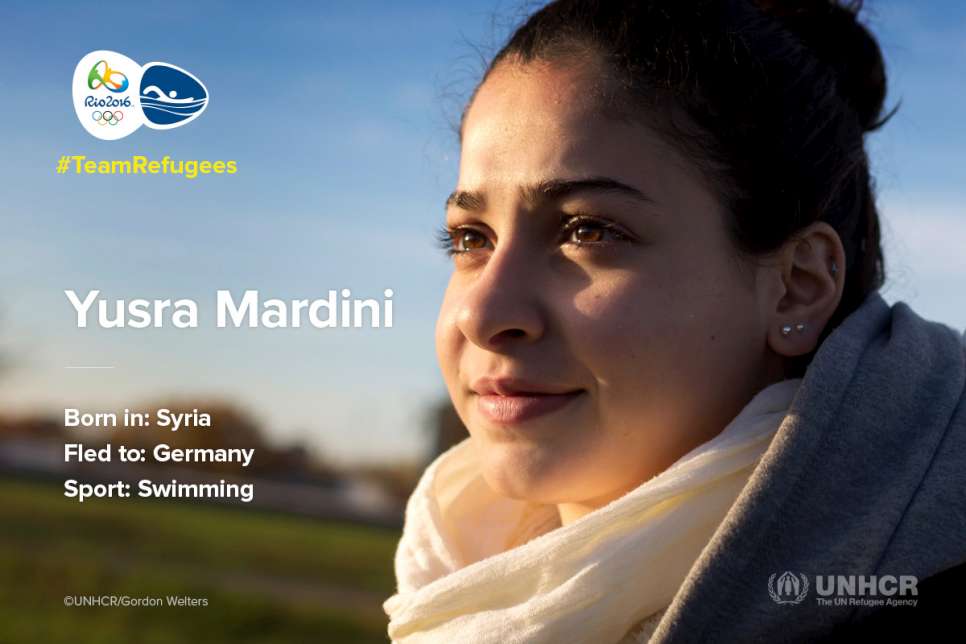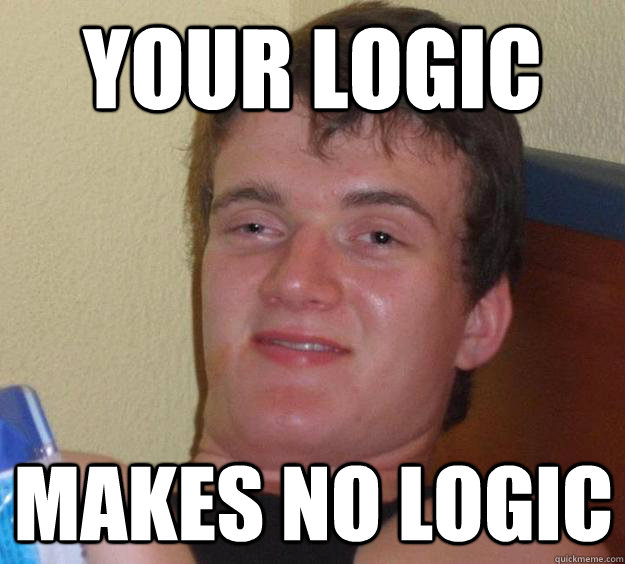Charlie Gills presents a very interesting, yet pessimistic view on heroism due to how opportune it is to become a hero and the amount of “heroes” arising because of it. In his article “Let’s Redefine “Hero,” he makes the argument that “if everyone’s a hero, logic suggests, then no one’s a hero.” Although he is correct from a logical standpoint, it is not very practical to say that every person in the world sees everyone as heroes. Not only are there some people who are not heroes, but a majority people would not have the popularity to be publicly seen and defined as a hero. For example, in the following YouTube clip I included, Spongebob sees Kevin the Sea Cucumber as a “hero” and holds a lot of admiration towards him. On the other hand, Patrick Star identifies him as just “a nerdy pickle” due to his little to no significance to Patrick. This can be directly connected to other people’s choices of heroes; just because he or she is not your hero, does not mean he or she is not someone else’s. However, the lack of knowledge about another person is enough justification to not classify him or her as a hero.
Gills’s argument brings up a very interesting point: the fact that there are significantly more heroes in the world than one might initially think. Similar to the firefighter and kitten picture from class as well as the picture I posted below, even the ones who are saved can be heroes. You do not have to be a hero only towards random pedestrians; you can be the hero of another hero. Heroes can range from the typical superhero, mother, or police officer to the most discrete choices, like Kevin for Spongebob. Regardless of who you choose to be your hero, I think that anyone and everyone has the potential to be a hero, so there should be no shame in selecting someone unobvious.

(Ignore title of the video)


